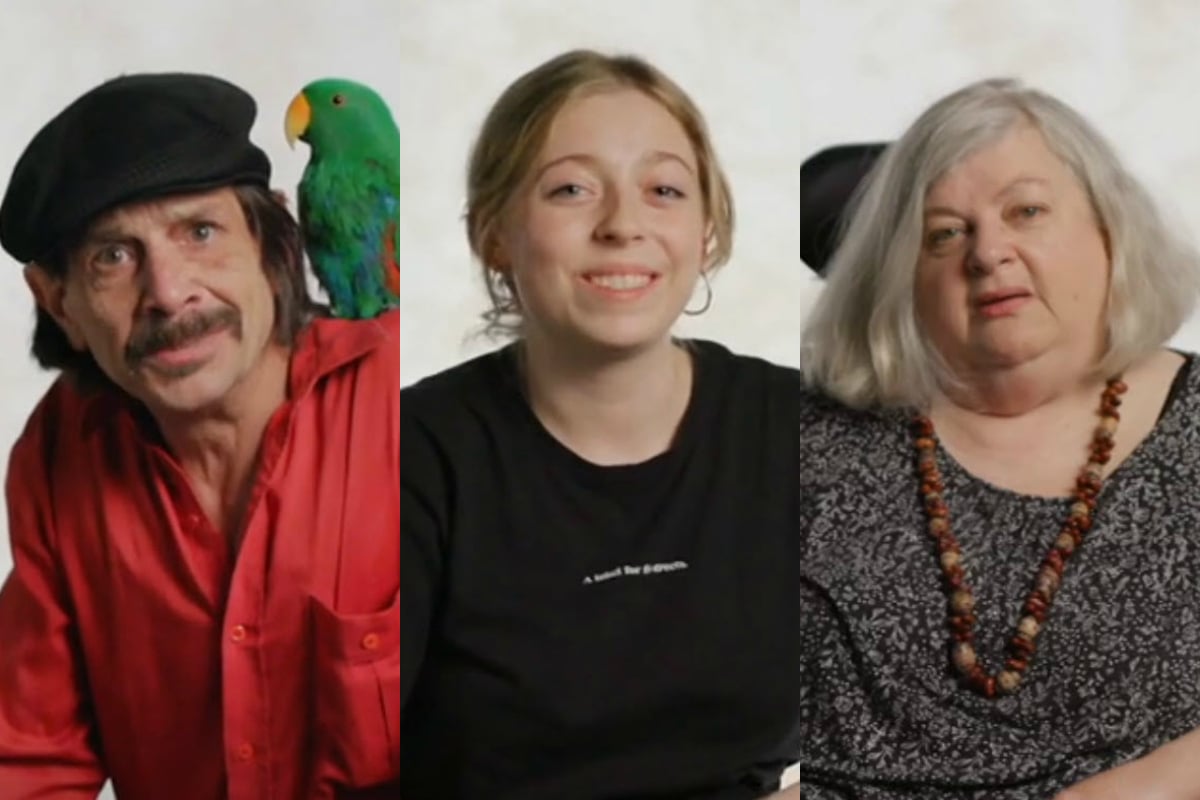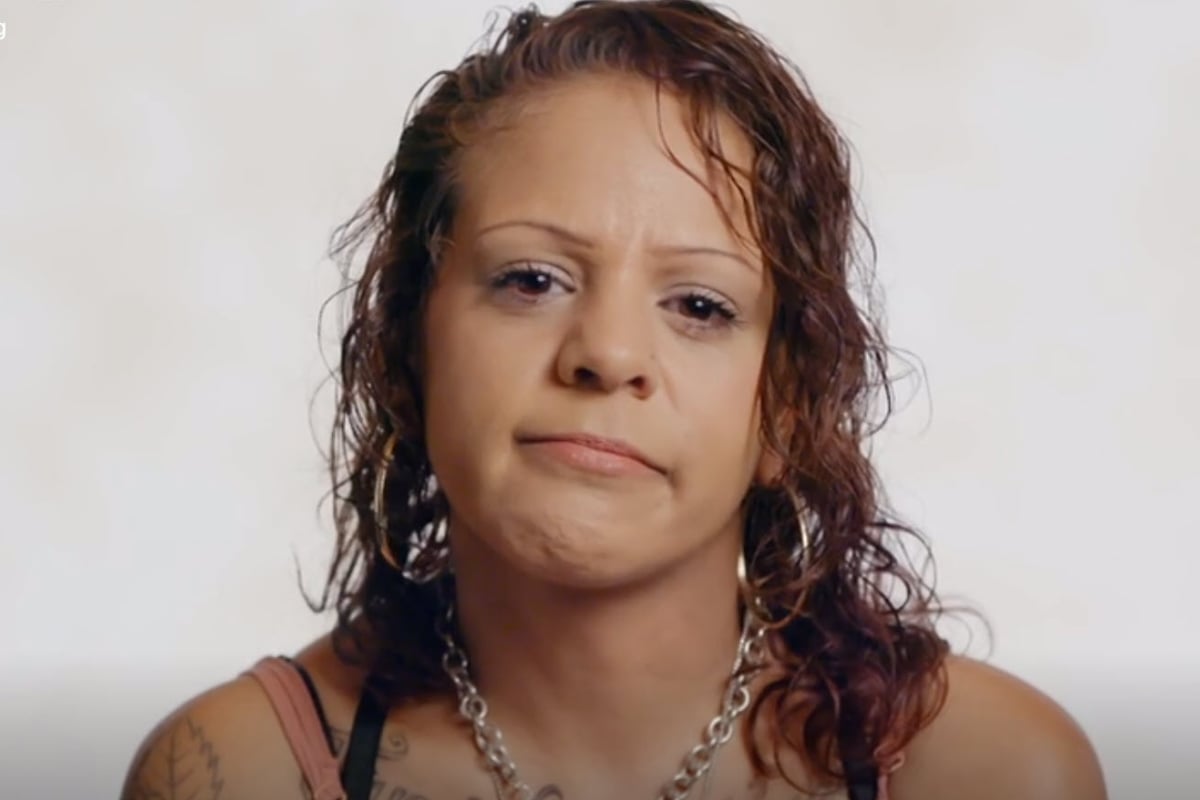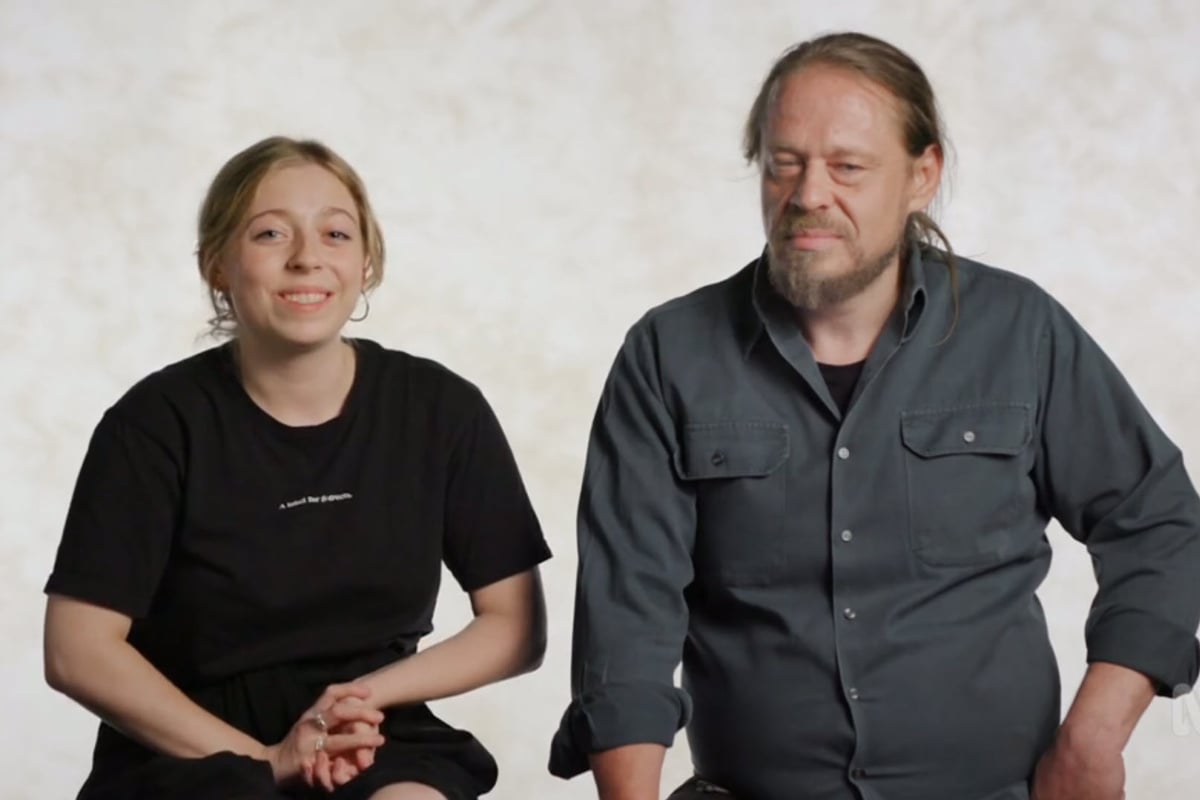
The wait list for public housing in Australia can be up to 10 years, a long time to wait for anybody, but particular for Australia’s most vulnerable.
People living in public housing are most likely to be over 65 and/or living with a disability, and a high proportion of residents have had experiences with domestic violence or homelessness.
Public housing is accommodation that’s owned and managed by a state or territory government and rented to low-income families at rates cheaper than the private market.
This week’s episode of ABC’s You Can’t Ask That introduced us to a group of Australians who, for a range of reasons, live in public housing.
There’s William and Catie, a father and daughter who lived in their own home, but were forced to move after William’s businesses failed and his mental health deteriorated.
There’s Molly, who lost her home after a car crash, and an autoimmune disease that attacked her injuries, left her in a wheelchair and unable to work. She’d lived in her children’s one bedroom flat for a bit afterwards, but she was unable to use a normal bathroom and would need to get a taxi to a pub down the road to use its accessible toilet. The health and safety issues meant her application for public housing was given priority.
“At the time [of being given her home] it was like winning Lotto,” she said. “It was just fantastic.”
And for many of them, like mother-of-three Kea, and Nickolas, who grew up in public housing after his mother fled a relationship, there was family violence and other issues that contributed.
The questions asked, as often is the case with You Can’t Ask That, showed the stigma attached to public housing and judgements society have about the people who need it.


